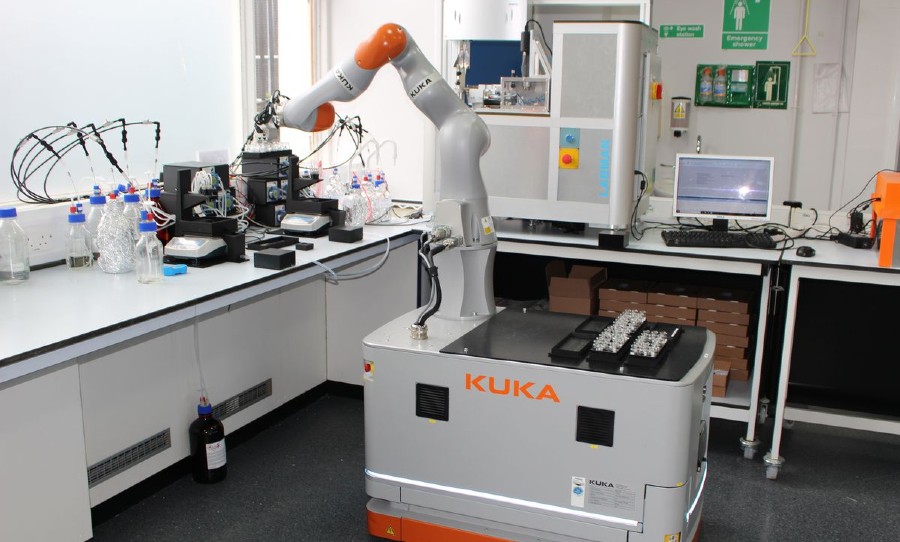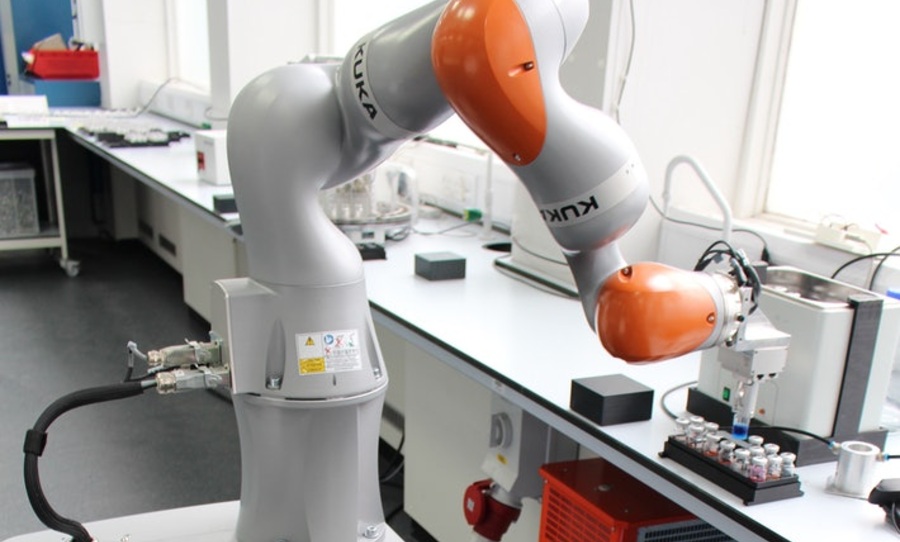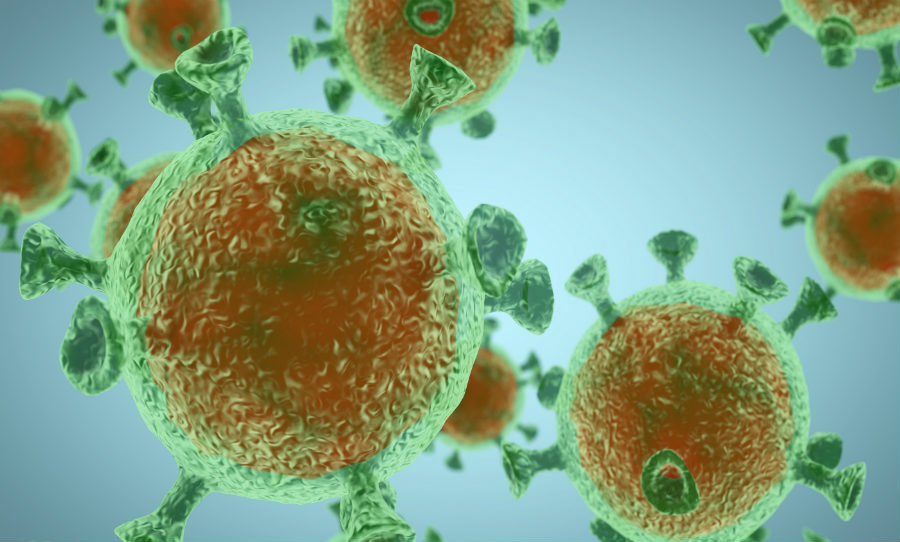Researchers at the University of Liverpool have created a robot chemist that is capable of working 1000 times faster than a human lab assistant.
Working 22 hours a day, seven days a week, this robot can conduct experiments that would normally take several months in just a few days.
Robot scientist works 1000 times faster than a human assistant and solves biggest chemistry challenge in just a week.
The robot has humanoid dimensions so that no pre-existing infrastructure in the standard lab needed to be changed, while it uses artificial intelligence to decide what experiments to conduct one after another.
However, the machine is far from fully autonomous, needing to be programmed with the location of lab equipment in mind.
An article in Nature explored the robot’s findings, in which it helped human scientists discover a new polymeric photocatalyst within three days, a task that would normally take several months.
Lead researcher of the study, Professor Andrew Cooper, told Inverse, “There are quite a few instruments in chemistry that people refer to as ‘robots.’ These are not new things.”
He continued, “But almost all automated systems up until now are built to do a particular thing; they’re basically hardwired. This is a different idea [because] we’ve automated the researcher, we built a robot that uses instruments like a human.”
The robot carried out 688 experiments over an eight-day period in order to find how to create more efficient reactions, however, speed isn’t necessarily the primary function of the robot
Professor Andrew Cooper said, “The idea is not to do things we would do faster, but to do bigger, more ambitious things we wouldn’t otherwise try to tackle.”
The robot, whose hardware cost between $180,000 and $215,000, as Cooper explains is used to act as a lab partner rather than overtake humans’ jobs.
In a time where social distancing is in effect, a robot who can continue studies is of massive benefit to scientists who may have otherwise had a significant loss to their research efforts.
Cooper says, “If you can set-up an experiment on Monday morning and then you can stay out of the building for the rest of the week – and still make progress – that’s enormously powerful.”
He continued, “I think this idea looks even better than it did before the pandemic.”




